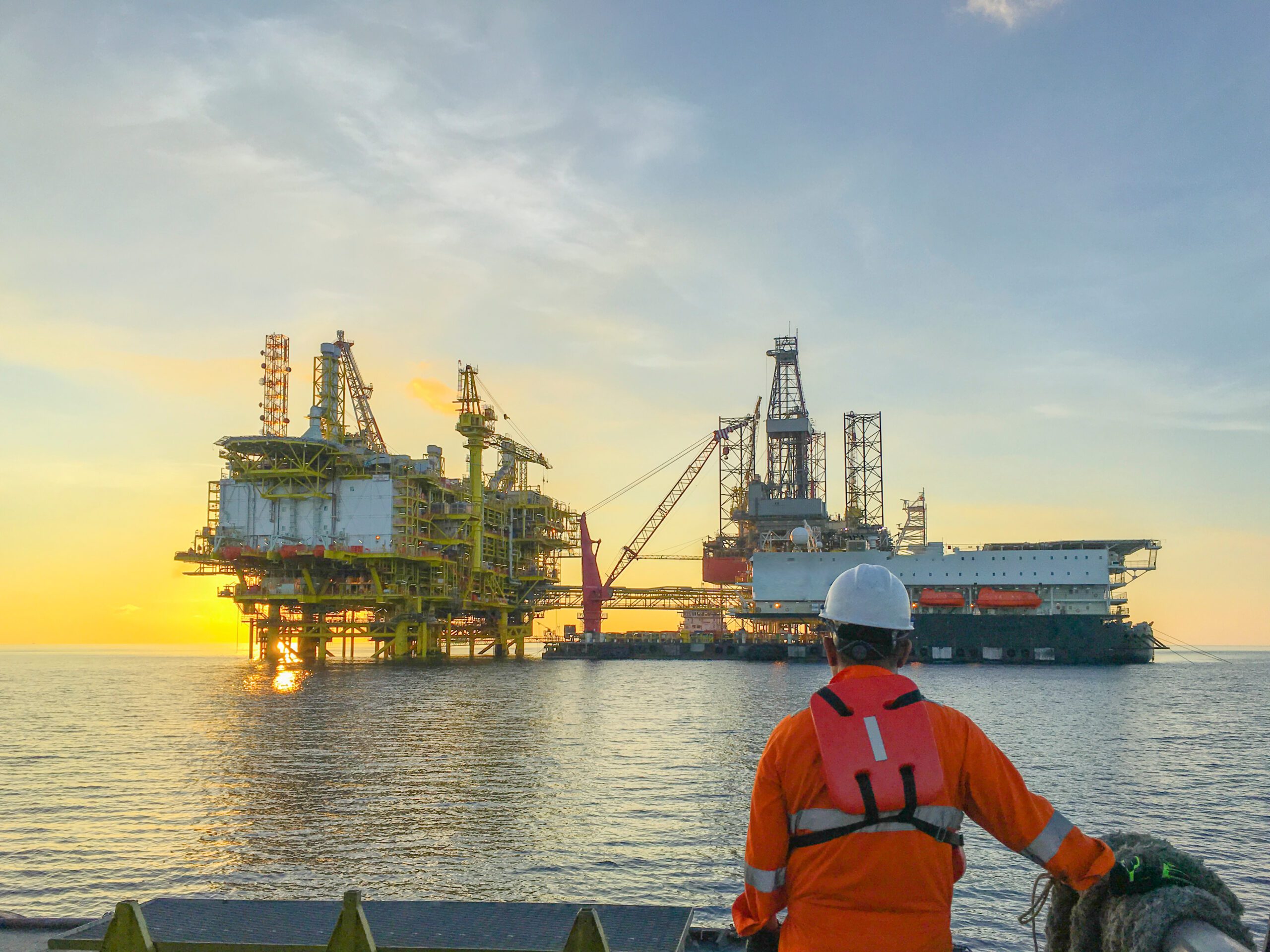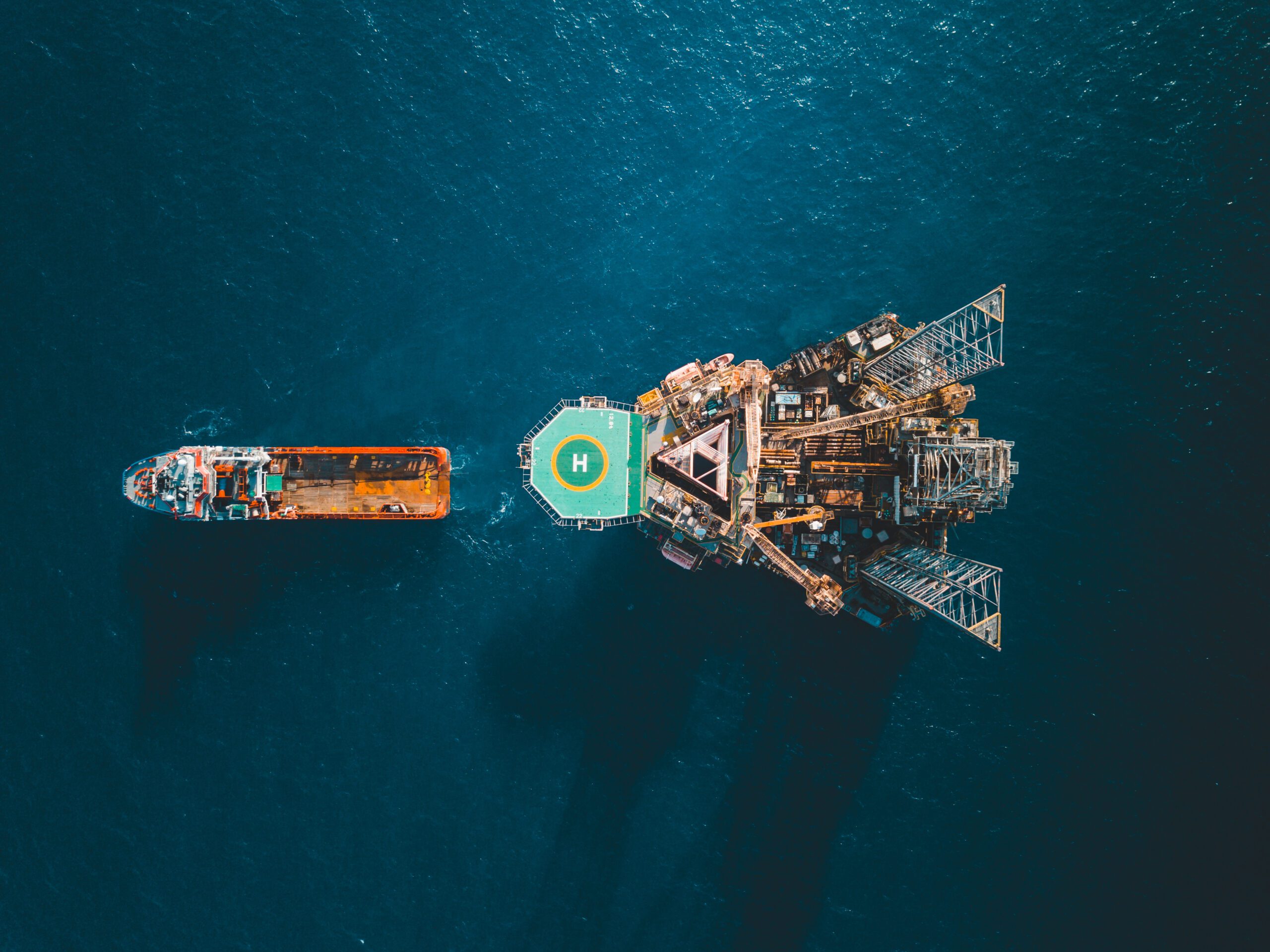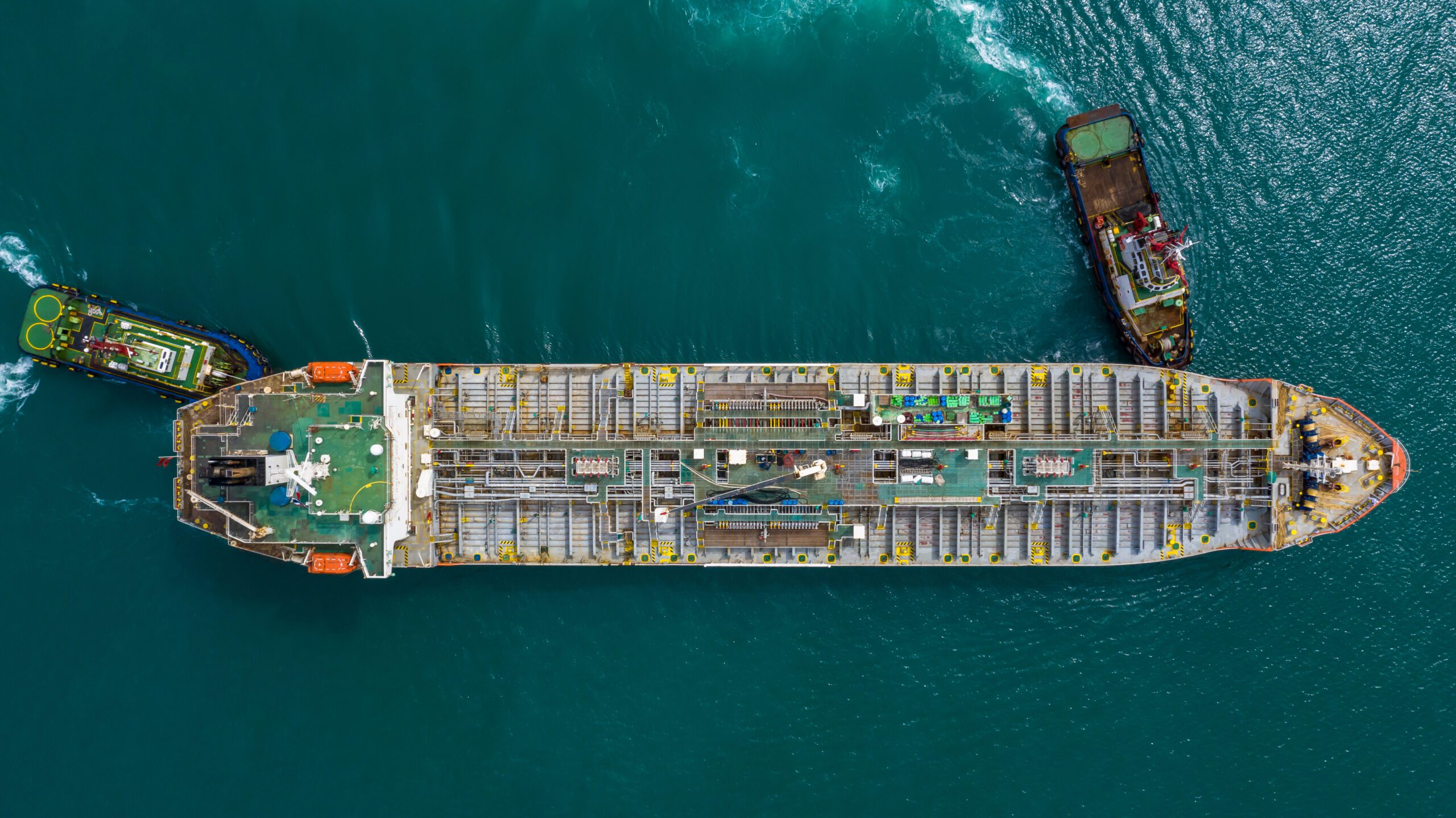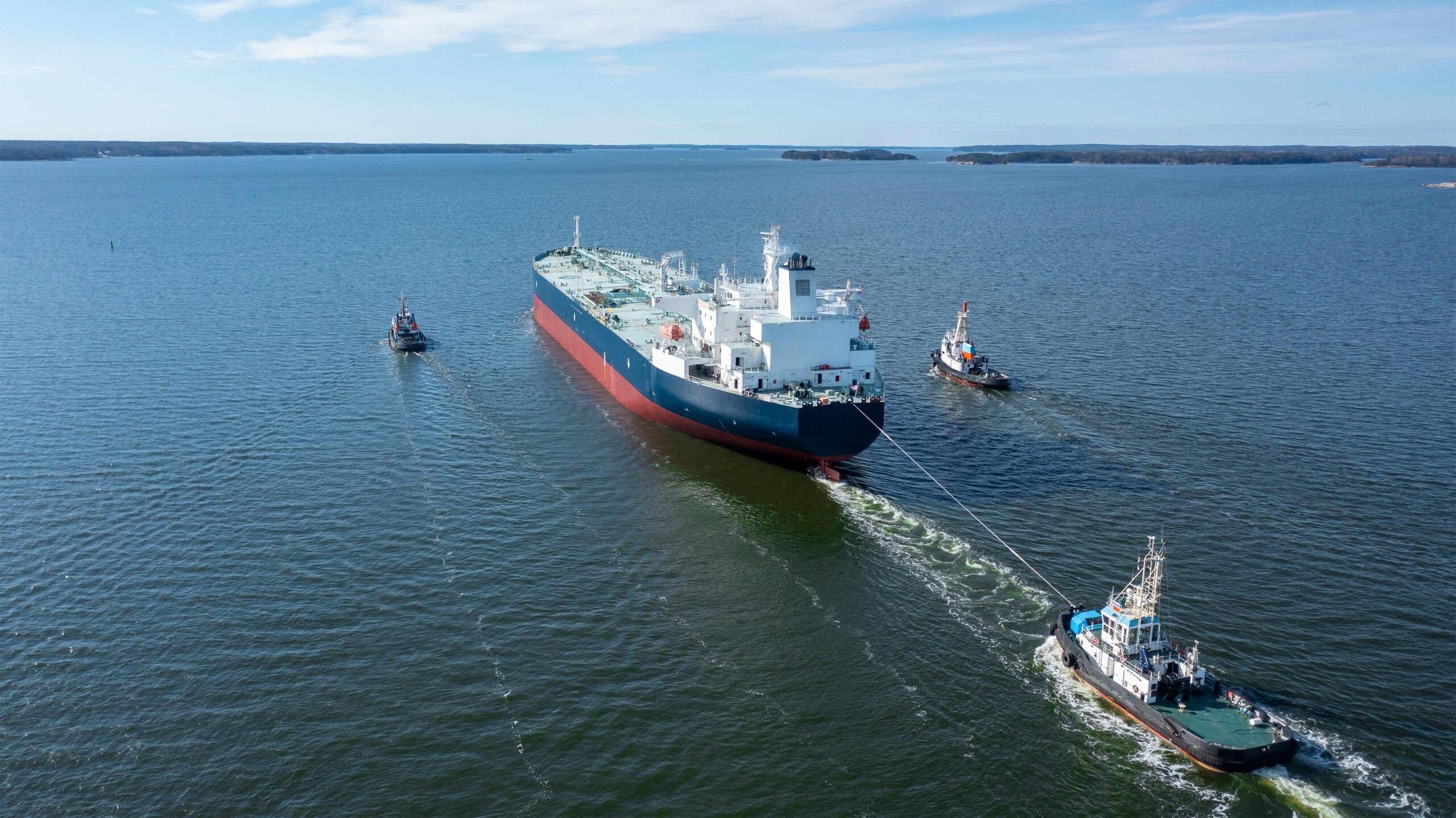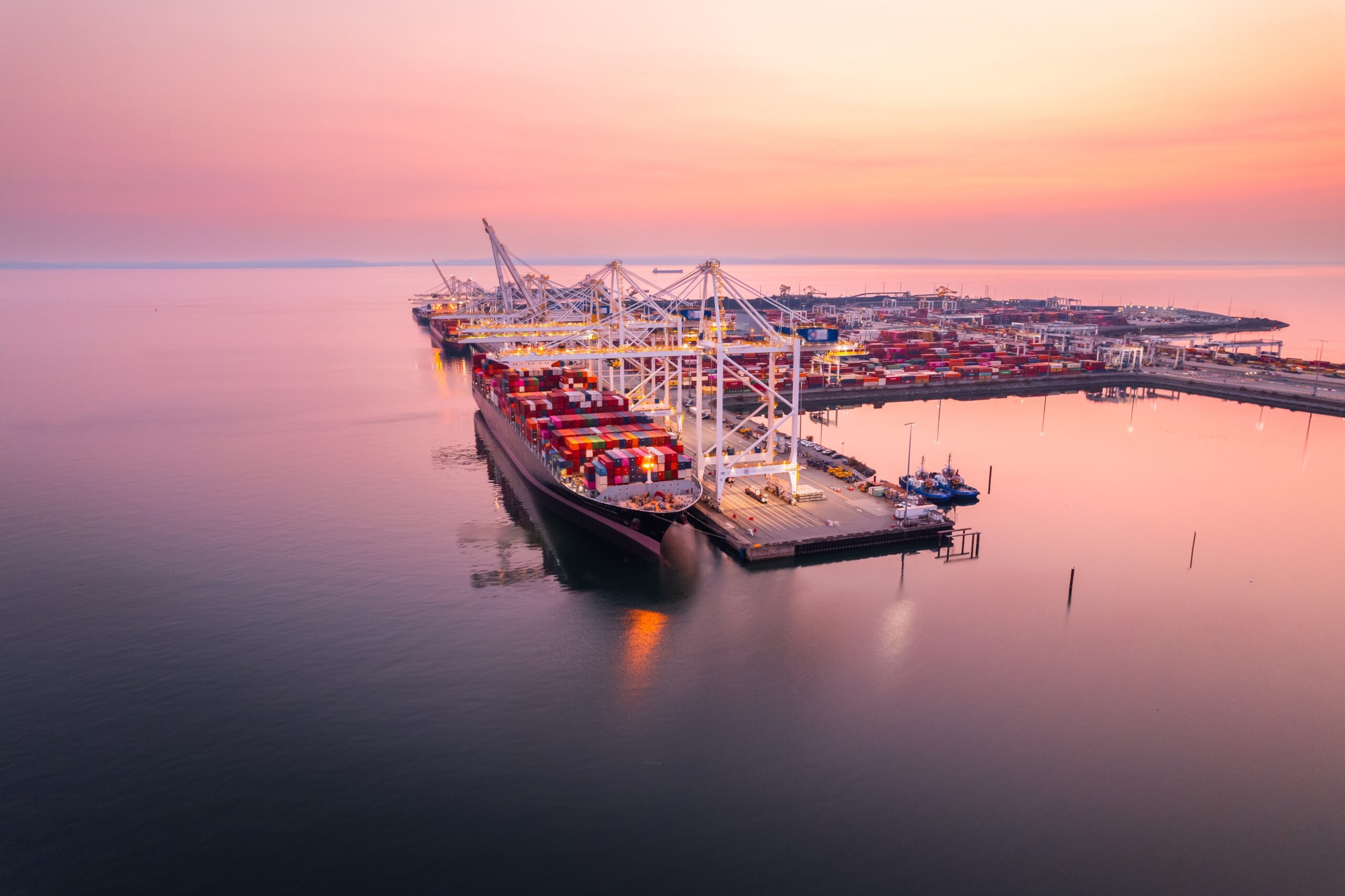Mr. Marine Atlas Marine Services, formerly Atlas Marine Services Pte Ltd, is featured in the Marine Trader magazine; the official journal of International Marine Purchasing Association (IMPA) Issue 6 (2016).
Mr. Marine AMS expands on the product line and highlights the importance of the risk of failure from microbial infection in diesel fuel from lifeboat fuel systems.
Every year thousands of seafarers are rescued by lifeboat services globally. The craft and their crew are maintained and trained to the highest level to tackle the challenging sea conditions. Perhaps the most vital mechanical component is the lifeboat engine without which the vessel would be unable to manoeuvre to save the lives of those in distress at sea. While the lifeboat engine is subject to thorough maintenance, the fuel tank is mostly overlooked along with the potential for microbial infection in the diesel fuel system which, if present, could potentially render the whole propulsion system inoperable.
Diesel and water provide perfect conditions for microbial infections to thrive. The resulting microbial ‘sludge’ corrodes and blocks fuel lines in diesel driven land and seagoing equipment. Now, development and use of MGO, MD and new fuels in marine business mean that the potential for this problem to affect engines in lifeboats has increased.
The problem has been until now largely invisible, as the microbial infection that manifests itself in the fuel tank of the lifeboat will, if left undetected, gradually increase with time. Eventually, the biomass forms a ‘sludge’ that can corrode the metallic fuel tanks and create blockages in both fuel lines and filter systems rendering the engine unusable. That is not what is required in a lifeboat that’s sole purpose is to save lives.
The risks associated with microbial infection in diesel are now well documented in both the marine and land applications but strangely lifeboat tanks, whether onboard large ships, cruise lines or shore based, are rarely tested for the presence of this infection, which if present will continue to grow.
Climatic conditions and the presence of water in the fuel system play a large part in creating the right environment for the growth of microbial infections in diesel fuels. As ships or even oil rigs often travel through different climatic zones, varying temperature and humidity levels create the ideal conditions for the microbial infection to multiply at an alarming rate.
Interestingly, lifeboat fuel tanks are rarely drained of water, and the risk of developing an infection of this type is, again, higher than within those fuel systems that are regularly drained. To manage and minimise this risk, operators are strongly advised to regularly drain any water from the fuel tank of the lifeboat and to employ a regular testing regime to identify the presence of microbial infection.
By following this advice, the risk is managed through a maintenance process of ‘test to protect’, thereby ensuring that the asset, in this case the lifeboat’s availability, and that damage from microbial infection in diesel fuel is reduced.
The most vital technological development in this field is Fuelstat, an Immunoassay method of rapidly detecting the presence of microbial infection in diesel fuel and diesel fuel systems. It can be used at point of sample and will give an accurate result 10 minutes faster than alternative methods where four to five days are required to complete a growth test. Fuelstat can be used to test either the water drained from the fuel tank, a mixture of drain water and fuel or fuel only samples. The operation of the test can be carried out by any person on the vessel as the process has been designed to be incredibly simple, fast and reliable allowing immediate remedial action to be taken where microbial infection is found to be present.
For all your environmental monitoring and protection needs, whether related to diesel fuel systems or other marine concerns, don’t hesitate to contact us. As a distributor of Fuelstat, showcased in Marine Trader magazine, Mr. Marine stands ready to provide essential products and services for safeguarding marine assets and environments.
You can read more about Mr. Marine IMPA participations in the following blog posts:


![Cover of the MT [Marine Trader] magazine, Issue 156, featuring the IMPA London 2016 Exhibition and the London skyline graphic.](https://mr-marinegroup.com/wp-content/uploads/2016/10/MT-2016-issue-6.png)
